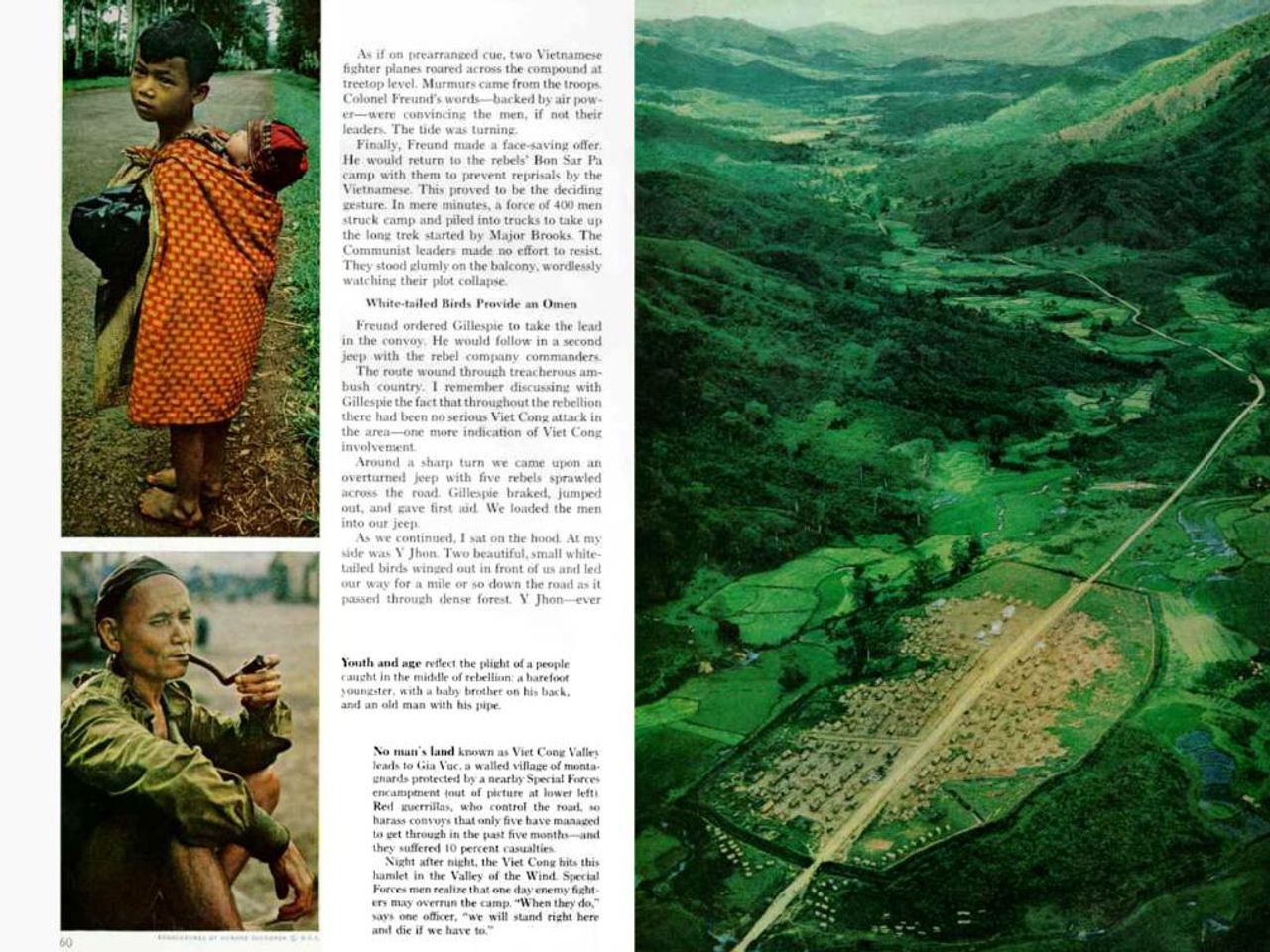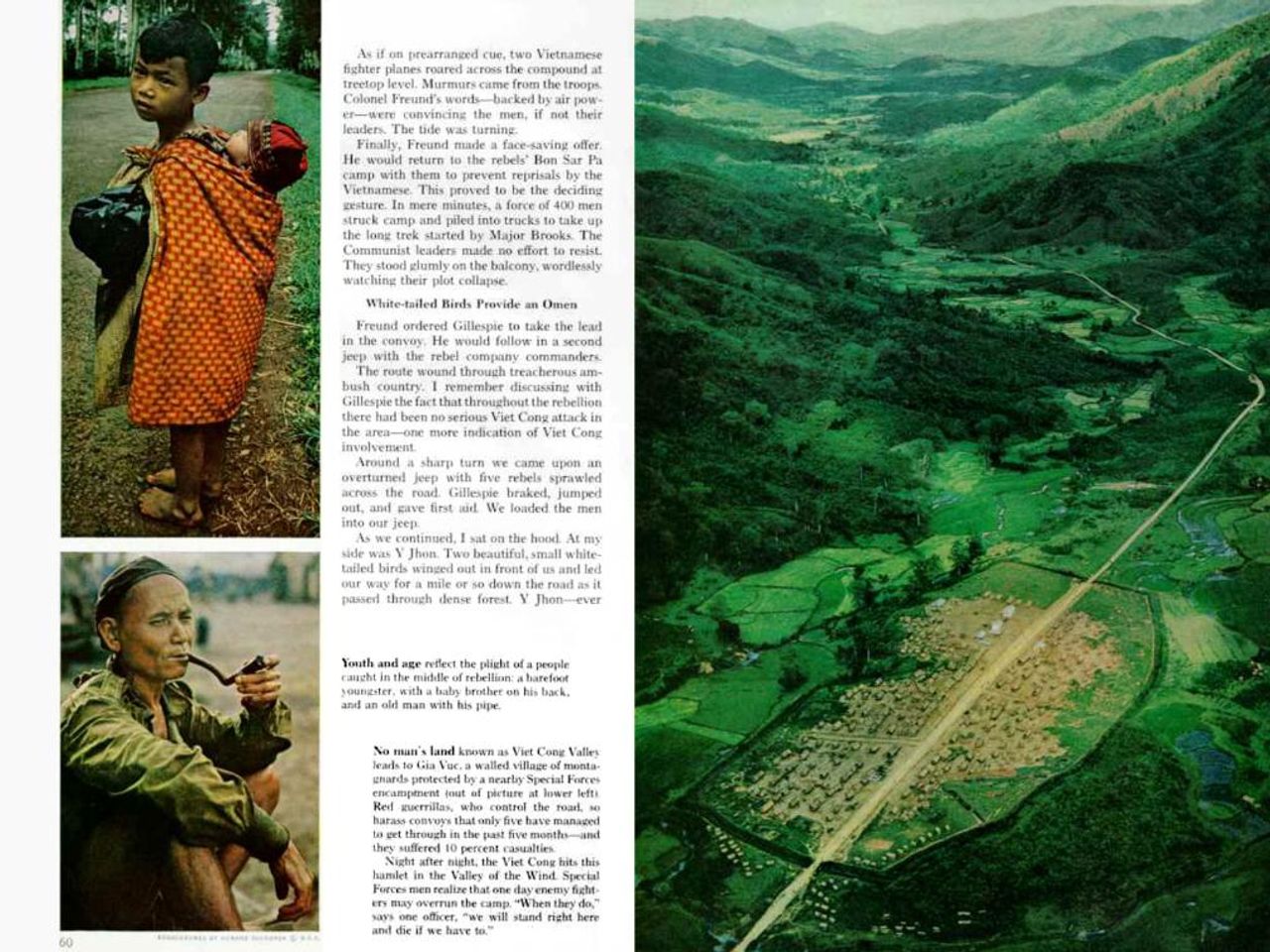Tensions escalate in Pakistani Kashmir, prompting food stockpiling due to India-related unrest
Tensions Heat Up: India and Pakistan at Odds Once More
A bloody shooting incident on April 22, 2025, at Pahalgam, a tourist hotspot in Indian-administered Kashmir, escalated the age-old turmoil between two nuclear neighbors – India and Pakistan. The shooting resulted in the tragic loss of 26 lives, leaving both nations on the brink of another skirmish in the disputed Kashmir region.
Equipped with denials and rebuttals, the two uneasy neighbors have retaliated with a series of punitive diplomatic measures. Shelling, expulsions, and border closures have been the norm for eight consecutive nights along the militarized Line of Control, the de facto border separating the contested Kashmir region.
The regional government of Pakistan-administered Kashmir has taken measures to preparedness, stockpiling food supplies for two months in 13 constituencies along the Line of Control, as per Prime Minister Chaudhry Anwar ul Haq’s statement to the local assembly on April 29. An emergency fund of one billion rupees has been created to ensure the supply of essentials such as food, medicines, and other necessities in these areas. Moreover, government and private machinery are being deployed to maintain roads, particularly those along the Line of Control.
In Muzaffarabad, the region’s capital, protesters rallied under the banner of a Kashmiri political coalition, demanding the death of India and calling for jihad. Farooq Rahmani, one of the protest organizers, emphasized the united stance, stating, “If there is any misadventure (by India), we are ready to respond firmly.”
Fearing a potential military escalation, authorities in Pakistani Kashmir shut over 1,000 religious schools for ten days on April 27, potentially signifying an increased vigilance on both sides.
India and Pakistan, both fervently claiming Kashmir in full, have fought over the Himalayan territory since the dissolution of British rule in 1947. Thus, this latest crisis threatens a conflagration between the two nuclear-armed nations.
Indian Prime Minister Narendra Modi granted the military unrestricted operational freedom to respond to the attack on April 25, amplifying the looming tension. Pakistan, on the other hand, claimed to possess “credible evidence” of India’s plan to ratchet up hostilities with an imminent military strike, promising a befitting response if such an attack occurs.
Analysts suggest this development mirrors the 2019 crisis, with the recent alert hinting at an increased risk due to Prime Minister Modi's political investment in Kashmir’s stability. His 2019 response – airstrikes and revocation of Kashmir’s autonomy – set expectations for a decisive military approach to avoid being perceived as weak.
The confrontation raises concerns about nuclear escalation and challenges the tenuous diplomatic pathways in place. The EU foreign policy chief Kaja Kallas urged restraint after engaging with both foreign ministers on May 2. As the tensions continue to simmer, the global community must tread carefully to circumvent a catastrophic outcome.
- The misadventure in Pahalgam, a tourist hotspot in Indian-administered Kashmir, has reignited political tensions between India and Pakistan, two nuclear neighbors.
- In response to the escalating conflict, the regional government of Pakistan-administered Kashmir has prepared itself for potential war-and-conflicts by stockpiling food supplies for two months and creating an emergency fund for essential necessities such as food, medicines, and other supplies.
- The protesters in Muzaffarabad, the region’s capital, have demanded jihad against India and asserted that they are ready to respond firmly if there is any misadventure by India.
- In the realm of crime-and-justice, over 1,000 religious schools in Pakistani Kashmir have been shut for ten days, potentially indicating heightened vigilance and a hard-line approach on both sides.
- The latest tensions between India and Pakistan, both claiming Kashmir in full, have intensified concerns about nuclear escalation and the fragile diplomatic avenues that exist, requiring the global community to exercise caution in navigating this general-news crisis to avoid catastrophic consequences.








